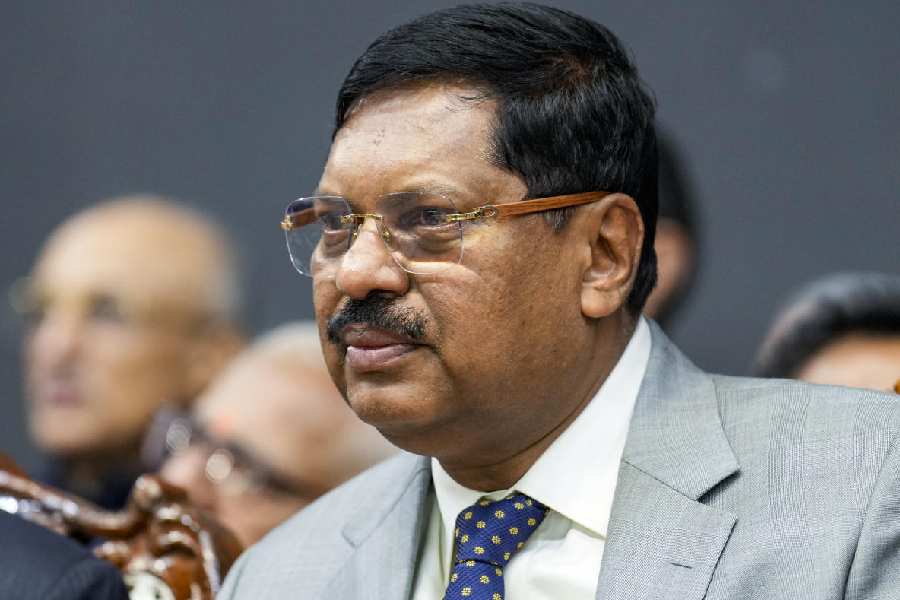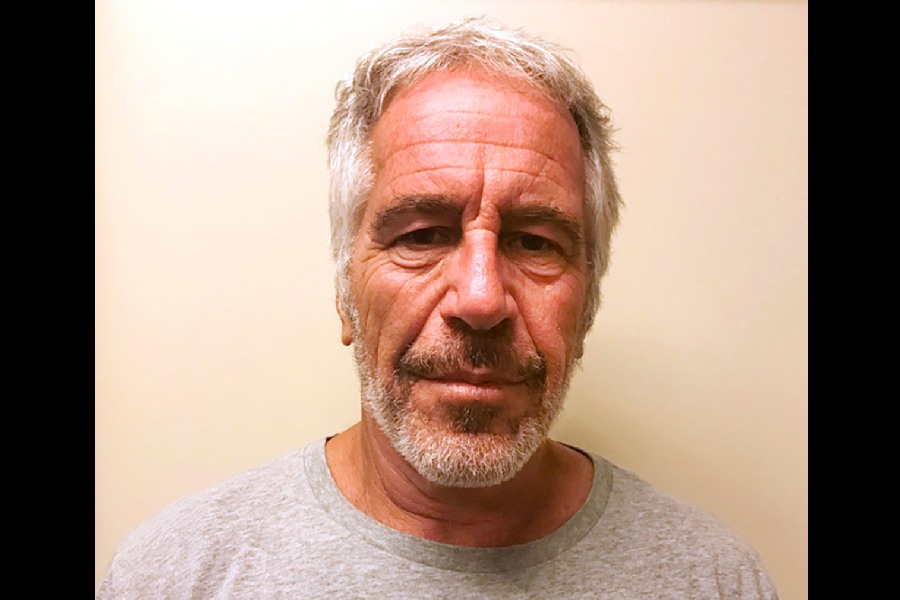Chief Justice of India B R Gavai on Sunday stressed that neither the judiciary nor the executive, but the country's Constitution was supreme and its pillars must work together.
Even though Parliament has the power to amend the Constitution, it cannot touch the “basic doctrine” structure, he said, underscoring the supremacy of the Constitution. The right to shelter is also supreme, he said, referring to “bulldozer justice”.
Justice Gavai, who took oath as the 52nd CJI earlier this week, spoke at his felicitation ceremony and state lawyers’ conference organised by the Bar Council Maharashtra and Goa here.
The CJI said he was glad that the country has not just strengthened but has also developed on the social and economic fronts and continues to do so.
“Neither the judiciary, nor the executive, nor Parliament is supreme, but it is the Constitution of India which is supreme, and all the three wings have to work as per the Constitution,” he said.
The Parliament has the power to amend the Constitution, but it cannot touch the basic doctrine structure, CJI Gavai said.
The basic structure doctrine holds that certain fundamental features of the Constitution, such as its supremacy, the rule of law, and the independence of the judiciary, cannot be amended or abrogated by Parliament through a constitutional amendment.
The CJI said the country’s basic framework was strong, and all three pillars of the Constitution – legislative, executive and judiciary – were equal.
“And all the organs of the Constitution must reciprocate and give due respect to each other,” he said.
Gavai, who belongs to Maharashtra, said he was happy to become the CJI when the Constitution is completing 75 years and marching towards its centenary.
“There is no question that our country is ‘mazboot’ due to the basic structure doctrine laid down in the Kesavananda Bharati case judgment, and all three pillars of the Constitution are trying to work within the spheres prescribed to them,” he said.
Judiciary and legislature came up with several laws due to which the concept of social and economic justice will be fulfilled, he added.
A book chronicling 50 landmark judgments pronounced by Justice Gavai was also released at the event. In his speech, the CJI cited a few of his judgments.
Referring to his judgment against “bulldozer justice”, he said the right to shelter is supreme.
“The right to shelter is a fundamental right. Whether a person is accused of any crime or convicted, the family's house, if legally occupied, cannot be removed or demolished. The rule of law has to be followed,” the CJI said.
He spoke about his various tasks and visits to different areas in Maharashtra and across the country.
“We also recently visited Manipur and assured both communities in conflict that the country is with you and justice is at your doorstep, and avail it. I’m lucky to have done that,” said the Chief Justice of India.
Speaking on the occasion, Supreme Court Judge Surya Kant said there is a growing demand from both bar and bench regarding the representation of the Bombay High Court in the Apex Court.
“I candidly admit that the contribution made by Bar of Maharashtra in the development of law, whether it is civil law or criminal law, and most importantly, in the development of the constitutionalism, constitutional morality, constitutional principles, constitutional basic structure theories, the contribution made by your High Court is remarkable. It is unparalleled,” he said.
Justice Surya Kant is set to be the next CJI after Gavai’s retirement in November.
Supreme Court justices Abhay Oka and Dipankar Datta and Chief Justice of Bombay High Court Alok Aradhe also attended the event.
Except for the headline, this story has not been edited by The Telegraph Online staff and has been published from a syndicated feed.










